Switzerland is like the unshakable kid in the middle of a schoolyard scuffle who’s calm, composed, and never dragged into the drama. While the rest of the world gets pulled into global chaos, the Swiss keep their cool and stay out of the mess. However, the reason goes beyond luck or mountains. Here’s why nobody messes with Switzerland when things get tense.
Centuries of Staying Out of It

Switzerland’s neutrality started as a survival choice. After losing the Battle of Marignano in 1515, the Swiss Confederacy gradually pulled away from European power plays. By 1815, the Congress of Vienna formalized that stance by recognizing Switzerland as a neutral state. That meant staying out of military alliances and foreign wars — a decision that’s shaped its global identity ever since.
Legally Neutral — Yes, That’s a Thing
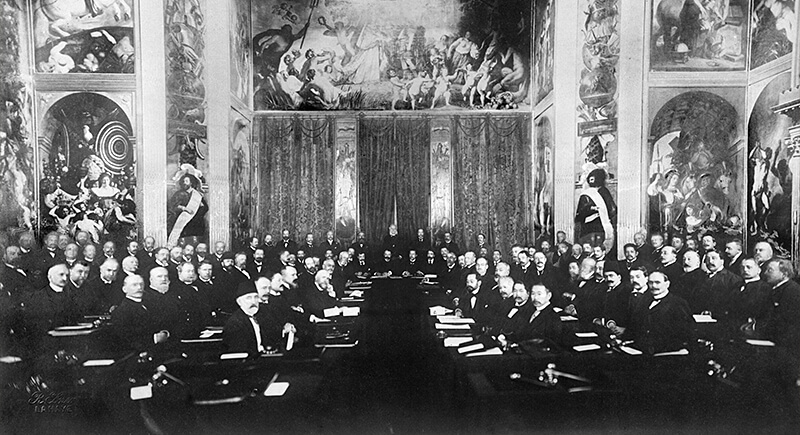
Neutrality in Switzerland is the law. The 1907 Hague Conventions spelled out the rules: a neutral country can’t let foreign troops pass through, can’t favor either side in trade, and can’t fight unless directly attacked. Switzerland took this seriously, sticking to those terms through two world wars and countless global conflicts. That legal consistency helps even rival nations trust Swiss territory and diplomacy.
The Alps Make Invasion a Terrible Idea
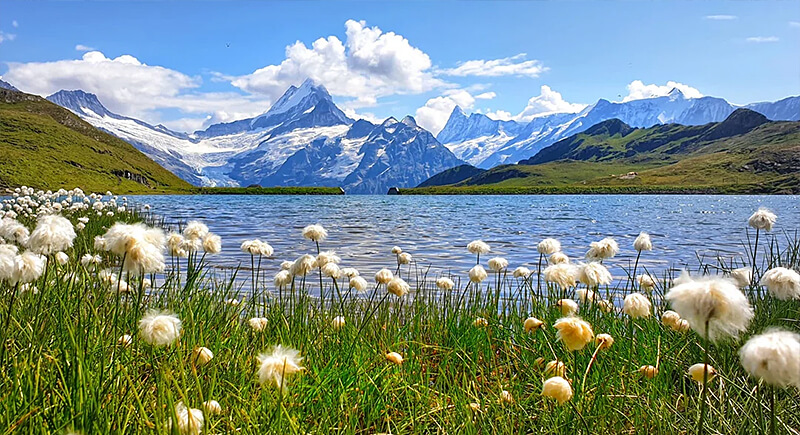
Beautiful, yes. Convenient for attackers? Not so much. The Alps serve as a tourist attraction and a massive natural defense. Invading Switzerland means trudging through treacherous peaks and narrow passes, and that natural geography has long discouraged anyone from even trying.
A Strong Militia System

Neutral doesn’t mean unprepared. Switzerland maintains a strong militia system, and at one point, the country had over 600,000 trained reservists ready to defend its borders. Nearly every adult male received training, citizens know how to defend the place, and everyone’s expected to be ready, just in case.
No Foreign Entanglements by Design
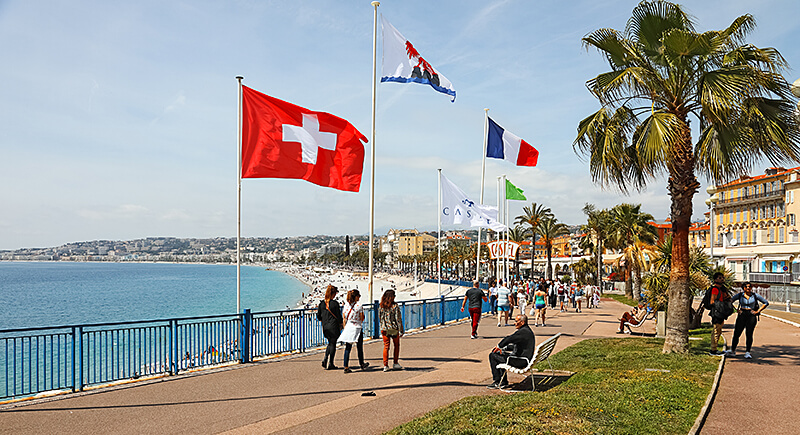
Switzerland doesn’t belong to NATO or similar alliances, which means it avoids those messy entanglements that come with “you fight, I fight” commitments. Staying out of these groups gives the Swiss more control over their foreign policy and makes them less of a target during large-scale fighting.
Mastered the Art of Diplomacy
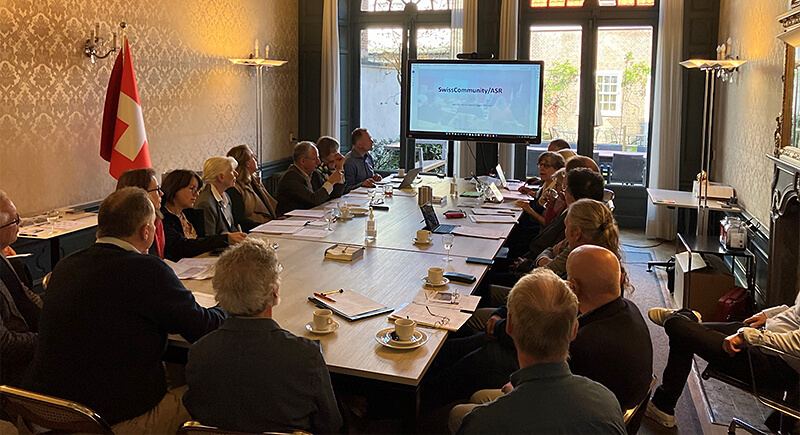
Swiss diplomats have established a reputation for being the world’s go-to mediators. Geneva has become the global negotiation stage—nuclear disarmament, ceasefire deals, and prisoner exchanges have all played out under Swiss hospitality. Hosting peace talks instead of picking sides has helped the country stay relevant without becoming a target.
Multilingual, Multicultural, and United
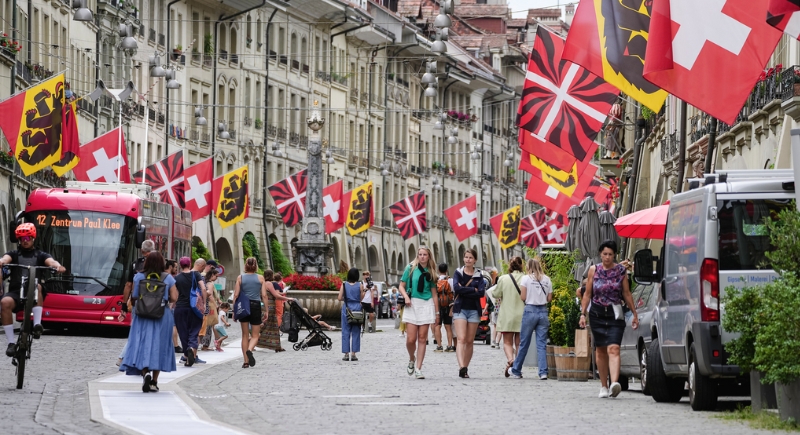
The country has four official languages—German, French, Italian, and Romansh—but somehow manages to keep it all together. Neutrality gives everyone a common ground, something to rally around regardless of culture or dialect. It helps keep things stable at home, especially when everything outside is in chaos.
Take Defense Strategies
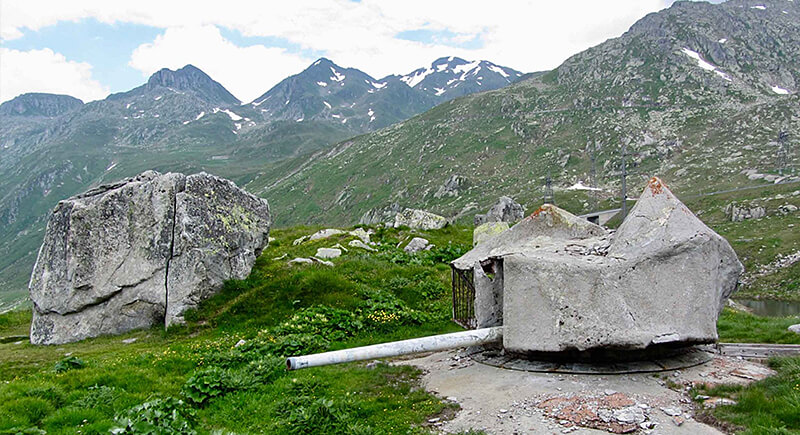
Switzerland’s “National Redoubt” strategy in the 1930s and ’40s turned its mountainous interior into a defensive stronghold. If outside forces ever got too close, the plan was to retreat into the Alps and make it as difficult as possible for anyone to gain control. It worked. No one pushed further.
Trusted to Handle the World’s Finances

During global unrest, countries trusted Swiss banks to hold and manage assets. While some financial practices have sparked criticism, Switzerland has become sort of like a vault for the world. That made destabilizing it a risky move for everyone involved. You don’t wreck the vault that’s holding your emergency stash.
Economic Stability Without Picking Sides

While much of Europe saw factories destroyed and supply chains collapse during the global conflicts, Swiss industry kept building. Their ability to trade with multiple sides meant their economy didn’t crumble. Engineering, chemicals, and pharmaceuticals all grew. That economic resilience made Switzerland even more critical to rebuilding efforts post-conflict.
Hosted Spies, But Stayed Out of the Spotlight

Switzerland didn’t turn a blind eye to spies during WWII. Networks like the Lucy Spy Ring used Swiss soil to pass information to the Allies, but the government stayed neutral. It was a careful act: useful, discreet, and low-key enough to avoid trouble.
Home Base of the Red Cross and Global Aid
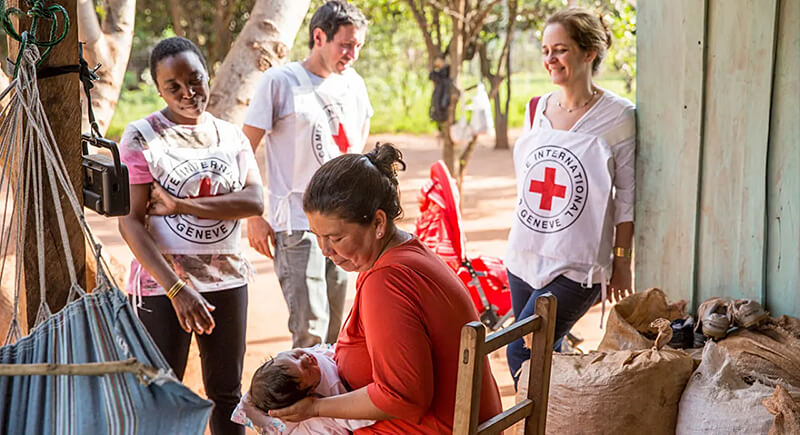
Humanitarian neutrality has deep roots in Switzerland, thanks to the founding of the International Committee of the Red Cross in Geneva. Today, that tradition continues through medical aid, disaster relief, and conflict-zone assistance. During both major world conflicts, the Swiss organized wounded officer transfers and helped protect civilians.
Underground Bunkers for Citizens
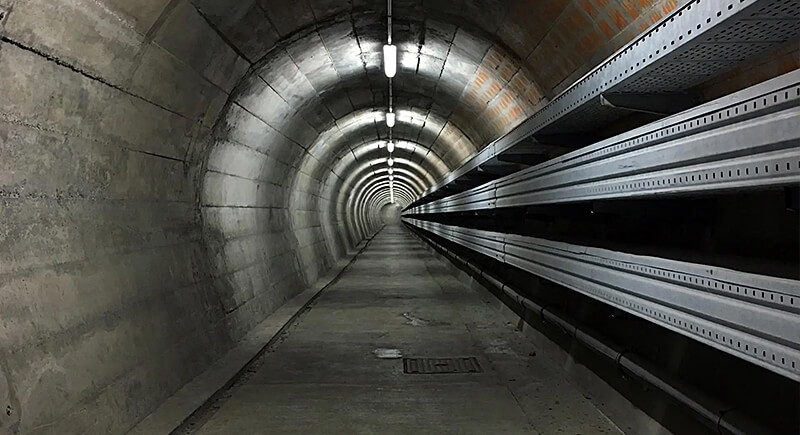
By the 1970s, Switzerland had enough civil defense shelters to protect over 80% of its population. Entire towns had access to underground bunkers with air filters and supplies. Families knew where to go in an emergency, and it gave citizens peace of mind in a world that wasn’t always stable.
Built an Entire Culture Around Staying Out of It

Neutrality has become part of their national identity. Schools teach the history of neutrality alongside math and science. Parents pass down stories about independence and peaceful diplomacy. Even street murals lean into cooperation. By the time they’re adults, most Swiss see neutrality as a natural part of who they are.
Independent, But Not Isolated
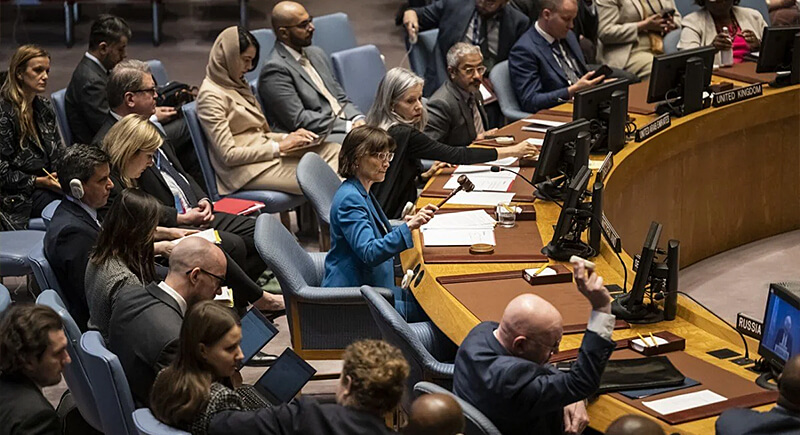
Switzerland joined the United Nations in 2002 after a national vote, and even then, insisted on maintaining its core independence. It participates in peacekeeping through the OSCE and backs humanitarian missions but refuses to enter political alliances. The country has managed to engage globally without sacrificing its core policies.